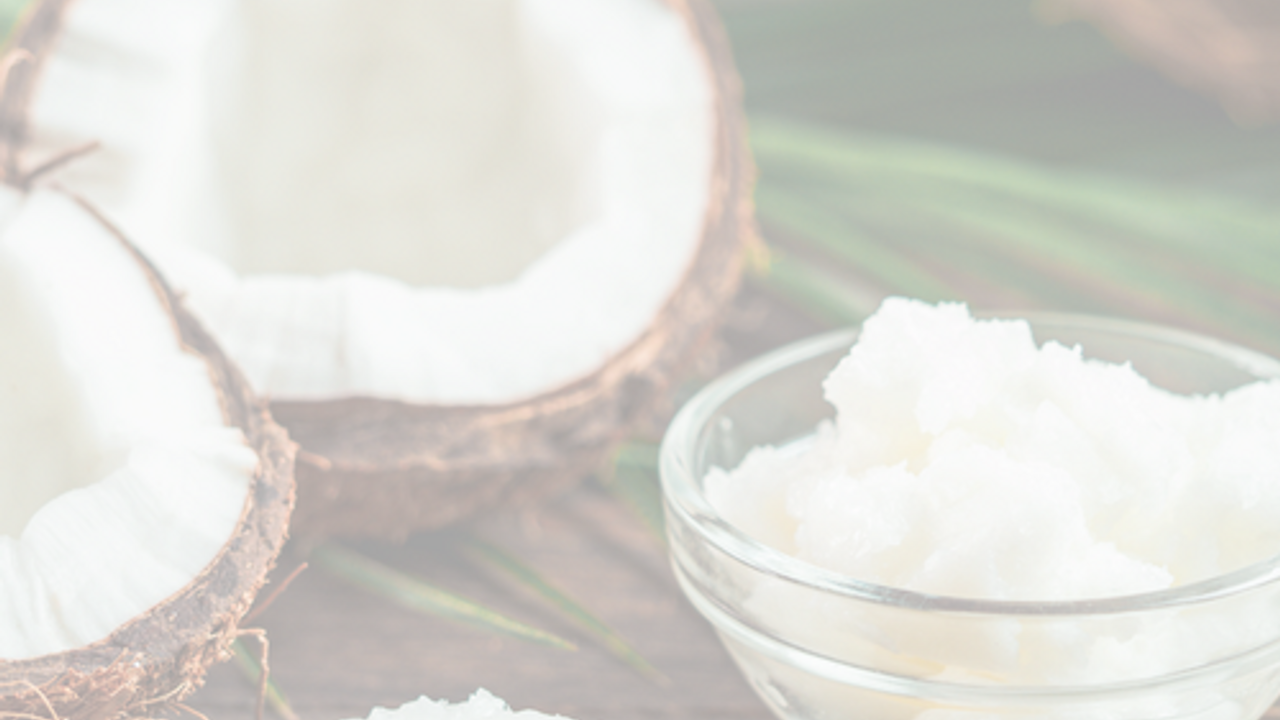
The Health Benefits of MCT Oil
My clients and the women in my Wonderful Fine membership program often ask about the health benefits of MCT oil. Have you heard of it? Maybe you are already using it, but aren’t aware of the different types. I’ve got you covered in this email.
MCT stands for medium chain triglycerides. The "chain" refers to the length of chain in the fat molecule. MCTs are a special type of fat that our body can quickly convert to energy.
Why is MCT oil so great?
MCT oil can help put your body into a state of ketosis. When in ketosis, the mitochondria (the energy producers in every cell in our body) use ketones for fuel instead of glucose. Using ketones is a much more efficient way to produce energy than using glucose. Because of this, the mitochondria can do their job better and our bodies have more energy.
We can get into a state of ketosis by fasting but we can also promote ketosis by having ketones present in our system. That’s where MCT oil can help. When we consume MCT oil, ketones are right there, ready for our mitochondria to use. A great thing about MCT oil is that it is flavourless so you can add it into just about anything … drinks (I blend it into my morning coffee), salad dressings, and even use it for cooking.

You can read more about this in my article How to Boost Energy.
Ketosis can also help turn off food cravings and hunger in a dramatic way. More energy without having to rely on sugary snacks! Awesome! Not only do you have more energy when in ketosis, you also can think more clearly. This could be why MCT oil is associated with a reduction in Alzheimer’s Disease.
There are four kinds of MCT oil that can all be sold as "MCT oil" but not all types have the same effects, so you need to be careful about the kind you use. MCT oil can be made up of one or more of these types of acid at varying concentrations: C6, C8, C10 and C12.
C6: Caproic Acid
This MCT is liquid at room temperature and is found in animal fats and several plants. It is somewhat soluble in water and has an unpleasant odor.
C8: Caprylic Acid
This type of MCT oil has the highest concentration of ketones. When you consume this type of MCT oil, ketones are available as if you’ve been fasting or eating a low carbohydrate diet for a few days. This is usually also the most costly of the MCT oils. CE8 MCT oil has also been shown to have anti-cancer and anti-microbial benefits.
C10: Capric Acid
Capric acid has many of the benefits of of caprylic acid, but it takes longer for the body to process into ketones.
C12: Lauric Acid
The cheapest and most abundant MCT oil is C12 or lauric acid, and is a major component of coconut oil. But because it’s a bigger molecule, it takes longer to break down and therefore isn’t optimal for ketone production. Lauric acid does not have the same level of ketones as other types of MCT oils, but it does have some anti-microbial properties.
Which MCT oil should you use? If your goal is to have ketones available quickly to boost energy, turn off food cravings, think more clearly and boost metabolism, then C8 caprylic acid is the best choice. It’s also the most expensive MCT oil.
The main thing is to know exactly what is in the MCT oil that you are buying. Do the research ahead of time so you know what types and proportions of MCT oil you are getting. Some brands do a mixture of different types of MCTs and some are just one type. Some brands show the breakdown on the labels and some don’t.
My personal favourite is the C8 caprylic acid, which DOES cost more. I have tried less expensive MCT oils with lower concentrations of C8 and notice the difference in my energy levels and cognitive function. Yes, it’s more expensive, but for me the benefits are worth it.

I hope this helps you be a more informed consumer when it comes to buying MCT oil. Not all MCT oils are equal, and now you know the difference!
Get started with lowering pain and inflammation with my free Release with Peace Audio Bundle

